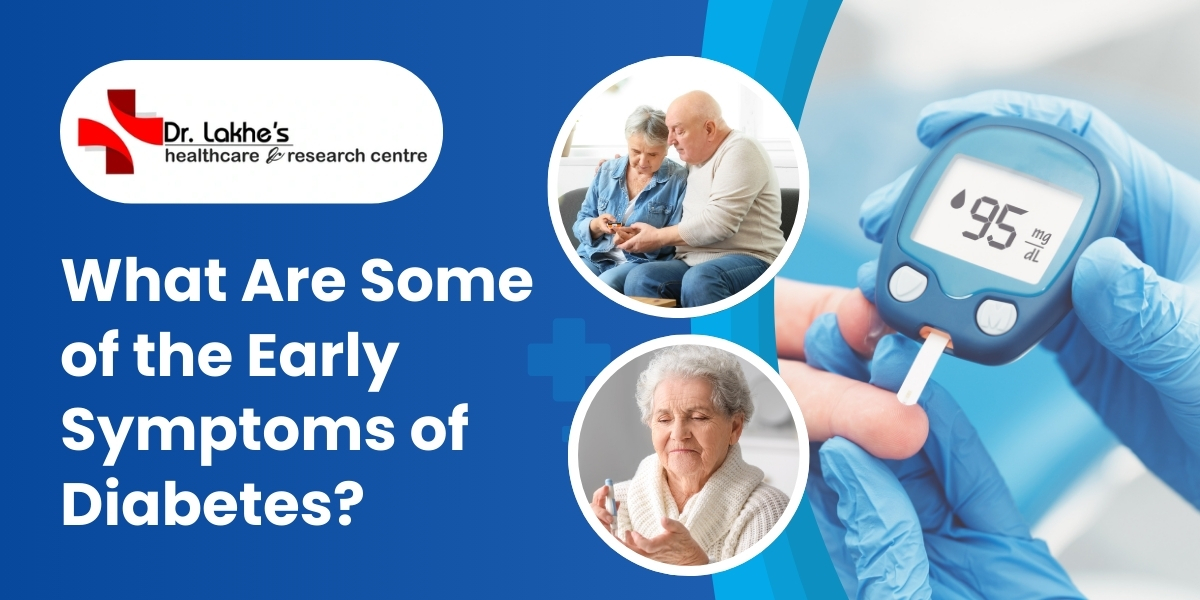Diabetes is a chronic condition affecting millions worldwide. Recognizing its early symptoms can lead to timely diagnosis and better management, reducing the risk of complications. This article provides an in-depth exploration of the early signs of diabetes, highlighting why awareness is essential.
What Is Diabetes?
Diabetes is a metabolic disorder characterized by high levels of glucose in the blood. It occurs when the body either does not produce enough insulin or cannot effectively use the insulin it produces. There are three main types of diabetes:
- Type 1 Diabetes: An autoimmune condition where the body attacks insulin-producing cells.
- Type 2 Diabetes: The most common type, often linked to lifestyle factors and genetics.
- Gestational Diabetes: Occurs during pregnancy and can increase the risk of developing Type 2 diabetes later.
Early Symptoms of Diabetes
1. Frequent Urination (Polyuria)
One of the earliest symptoms of diabetes is frequent urination, especially at night. High blood sugar levels cause the kidneys to work harder to filter and absorb excess glucose, leading to more urine production.
2. Increased Thirst (Polydipsia)
Excessive urination results in dehydration, making individuals feel constantly thirsty. This cycle of urination and thirst is a hallmark of diabetes.
3. Unexplained Weight Loss
Despite eating normally or even more than usual, people with diabetes may experience unintended weight loss. This occurs because the body starts breaking down fat and muscle for energy due to insufficient insulin.
4. Extreme Hunger (Polyphagia)
Diabetes affects the body’s ability to convert glucose into energy, leading to intense hunger. Even after eating, individuals may feel unsatisfied or lethargic.
5. Fatigue and Weakness
Persistent high blood sugar levels disrupt the body’s ability to utilize glucose for energy. This results in chronic fatigue and feelings of weakness.
6. Blurred Vision
High blood sugar can cause the lenses in the eyes to swell, leading to blurry vision. If left unchecked, this can progress to more severe eye problems.
7. Slow Healing of Wounds
Cuts, sores, and infections take longer to heal in individuals with diabetes. High glucose levels impair blood flow and delay the body’s natural healing processes.
8. Tingling or Numbness in Hands and Feet
Nerve damage, or diabetic neuropathy, often begins with tingling or numbness in the extremities. This symptom is more common in Type 2 diabetes.
9. Skin Changes
Dark, velvety patches on the skin, especially in the neck and armpit areas (a condition known as acanthosis nigricans), can be an early indicator of insulin resistance.
10. Recurrent Infections
People with diabetes are more prone to infections, particularly in the urinary tract, skin, and gums. Elevated sugar levels provide an ideal environment for bacteria and fungi to thrive.
Who Is at Risk for Developing Diabetes?
Understanding your risk factors can help you identify early symptoms and seek timely medical advice. Key risk factors include:
- Family history of diabetes.
- Being overweight or obese.
- Sedentary lifestyle.
- High blood pressure or cholesterol levels.
- History of gestational diabetes.
- Polycystic Ovary Syndrome (PCOS).
Complications of Ignoring Early Symptoms
If left untreated, diabetes can lead to severe complications, including:
- Cardiovascular disease: Increased risk of heart attack and stroke.
- Kidney damage (nephropathy): Chronic kidney disease can result from unmanaged diabetes.
- Eye problems (retinopathy): Vision loss or blindness can occur in advanced stages.
- Nerve damage: Can lead to chronic pain, loss of sensation, or even amputation.
- Skin conditions: Persistent infections or sores.
When to See a Doctor
If you experience any of the early symptoms mentioned above, it is crucial to consult a healthcare provider immediately. Early diagnosis and intervention can significantly improve the quality of life.
Prevention and Management
1. Maintain a Healthy Diet
Focus on a balanced diet rich in whole grains, lean protein, healthy fats, and fiber. Limit processed foods and sugary beverages.
2. Regular Exercise
Engage in at least 150 minutes of moderate-intensity exercise weekly, such as walking, cycling, or swimming.
3. Monitor Blood Sugar Levels
If you are at risk, regular monitoring can help detect abnormalities early.
4. Regular Check-Ups
Routine health screenings, including blood sugar tests, can help in early detection and management.
5. Manage Stress
Chronic stress can impact blood sugar levels. Incorporate yoga, meditation, or hobbies to reduce stress.
Expert Care for Diabetes in Kharadi
Dr. Mahesh Lakhe, a renowned diabetes specialist in Kharadi, Pune provides care for diabetes management. With expertise in early diagnosis and personalized treatment plans.




